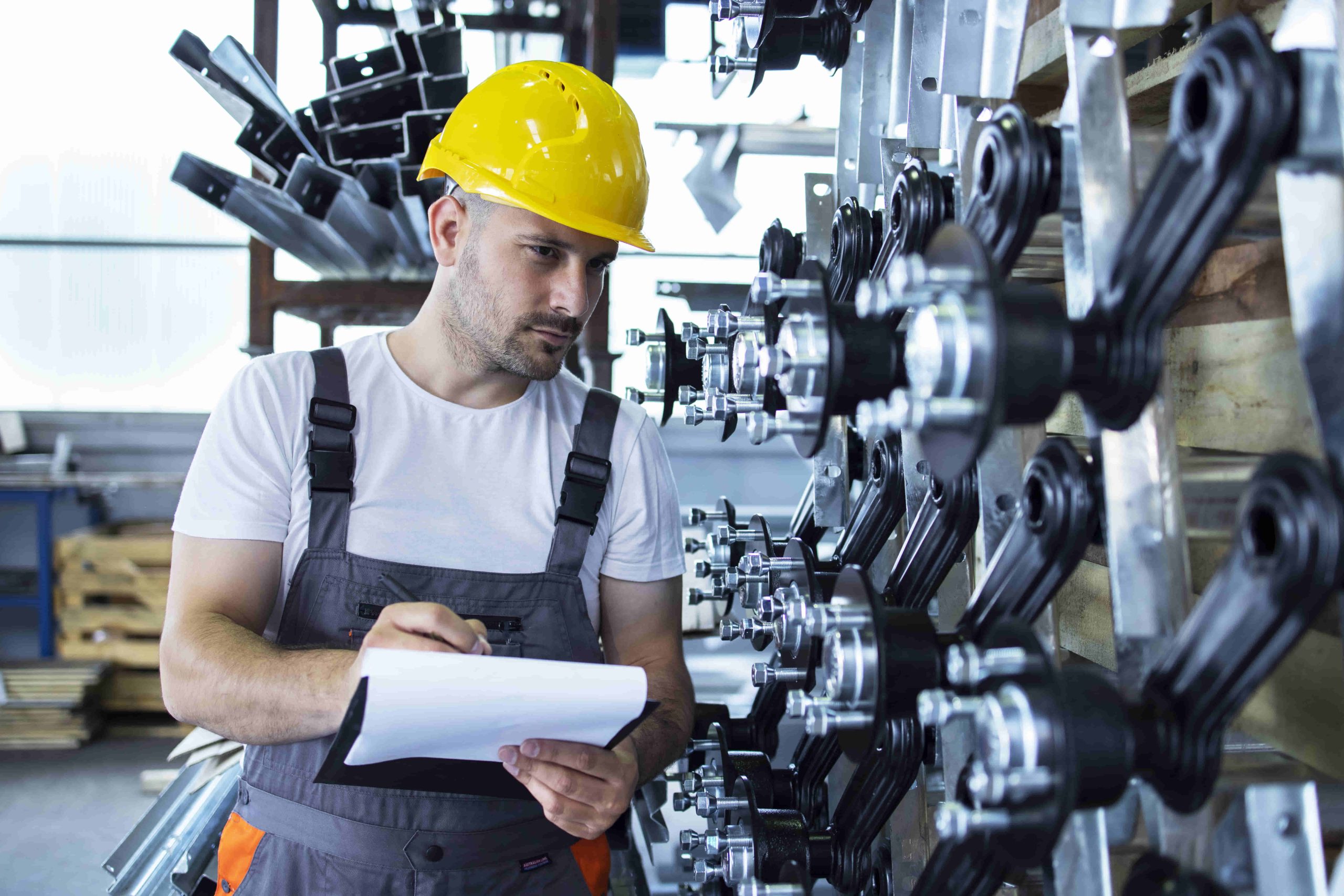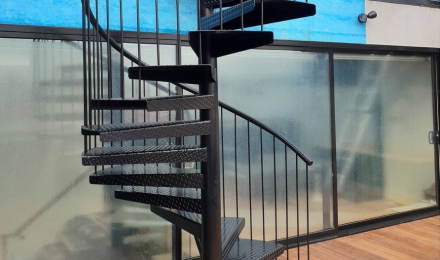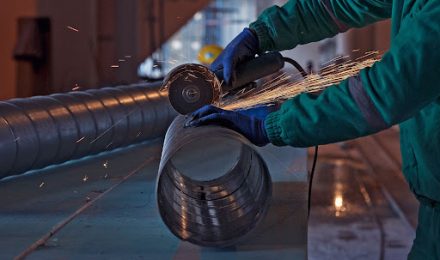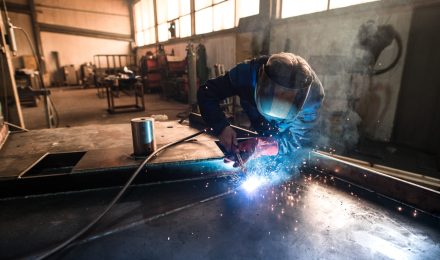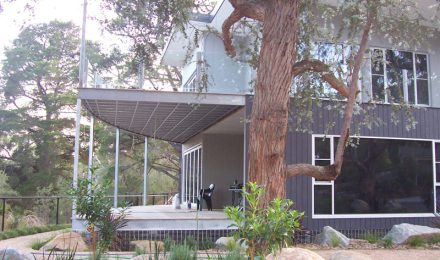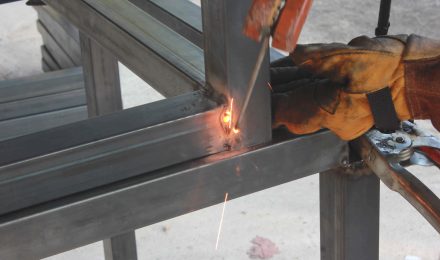If you’ve ever admired a towering structure or a beautifully crafted staircase balustrade, chances are a skilled boilermaker played a key role in bringing it to life. Boilermakers are essential in industries ranging from construction and manufacturing to mining and energy. Their work not only shapes steel but also supports the backbone of our cities and infrastructure.
At ATSS Fabrications, we take pride in being one of the leading structural steel fabricators in Melbourne. Our team of experienced boilermakers is a key factor in our success. In this guide, we’ll walk you through everything you need to know about becoming a boilermaker—what tools are required, essential techniques, and valuable industry insights.
Who Is a Boilermaker?
A boilermaker is a highly skilled tradesperson who fabricates, assembles, installs, and repairs boilers, tanks, vats, pressure vessels, and metal structural components. Though traditionally associated with steam boilers, today’s boilermakers work on a wide variety of steel structures and industrial components.
In Melbourne’s thriving construction and infrastructure sector, boilermakers are vital in manufacturing components such as balustrades, staircases, steel frames, and more.
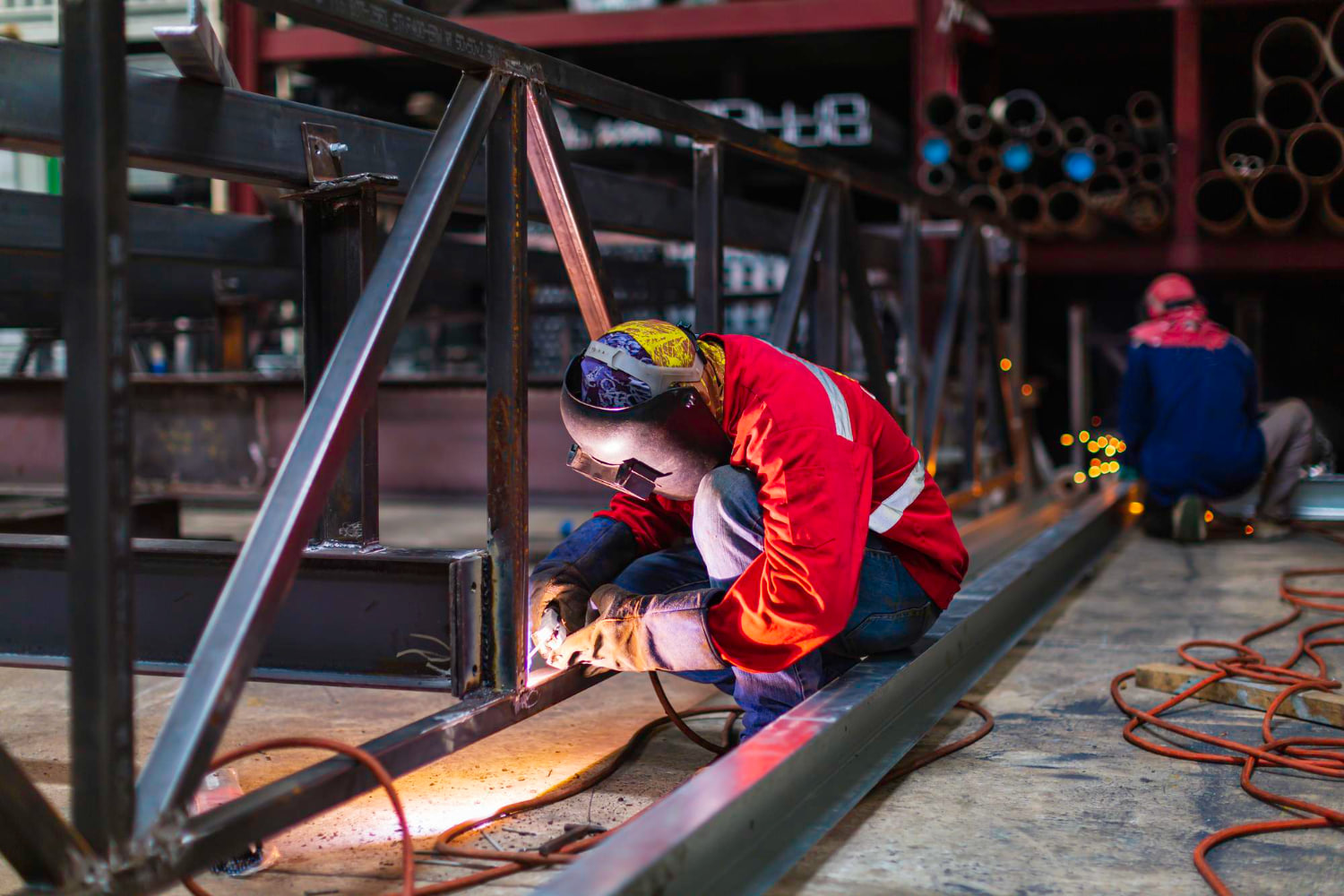
What Does a Boilermaker Do?
Boilermakers handle a range of tasks depending on their specialisation. Some key responsibilities include:
1. Examining and analysing blueprints and technical drawings
2. Steel and other metals are cut, shaped, and welded.
3. Assembling and installing structural steel elements
4. Inspecting and repairing existing components
5. Working with advanced machinery and fabrication tools
In a high-demand city like Melbourne, structural steel fabricators rely heavily on skilled boilermakers to ensure quality and compliance in every project.
Tools of the Trade
Every professional boilermaker must be equipped with the right tools to ensure precision, safety, and efficiency. Here are some of the essential tools commonly used in steel fabrication:
1. Welding Equipment :
Welding is at the heart of boilermaking. MIG, TIG, and arc welding machines are commonly used to securely and accurately fuse metals.
2. Plasma Cutters :
These high-powered tools are used to make precise cuts in steel, allowing boilermakers to shape components like balustrades or structural frames with great accuracy.
3. Grinders and Sanders :
Used for smoothing and finishing metal surfaces, these tools ensure safety and aesthetic appeal.
4. Measuring and Marking Tools :
Accuracy is everything. Tools like callipers, tape measures, and chalk lines are essential for precise fabrication.
5. Safety Gear :
From welding helmets to flame-resistant gloves, boilermakers must wear the appropriate personal protective equipment to protect themselves on the job. Core Techniques Every Boilermaker Should Master
To excel in the field, mastering key techniques is essential
1. Welding and Brazing: The foundation of the welding and brazing industry is creating strong, clean joints.
2. Reading Blueprints: Understanding technical drawings ensures that each component fits perfectly within the design.
3. Metal Fabrication: Shaping raw materials into functional parts such as balustrades, beams, or columns.
4. Rigging and Installation: Proper lifting and positioning of heavy components is crucial for structural integrity.
Whether working on residential developments or commercial towers in Melbourne, boilermakers are expected to execute their work with precision and professionalism.
Industry Insights and Career Pathways
Training and Qualifications :
In Australia, completing a Certificate III in Engineering (Fabrication Trade) is usually required to become a certified boilermaker. Many apprenticeships are offered by reputable structural steel fabricators in Melbourne, including companies like ATSS Fabrications, where on-the-job experience complements classroom learning.
Career Opportunities :
Boilermakers have a variety of career paths open to them, including:
1. Working with steel fabrication companies
2. Entering the mining and resources sector
3. Specialising in decorative fabrication
4. Becoming a welding inspector or site supervisor
As infrastructure and development projects continue to grow, especially in booming cities like Melbourne, so does the demand for experienced boilermakers.
The Role of Boilermakers in Structural Steel Fabrication
At ATSS Fabrications, our boilermakers are involved in every stage of the steel fabrication process—from conceptualisation and custom cutting to onsite installation. Whether we’re creating heavy-duty frameworks or elegant stainless steel balustrades, our team delivers unmatched craftsmanship and reliability.
The key to high-quality fabrication lies in the synergy between experience, equipment, and dedication to excellence. As one of the trusted structural steel fabricators in Melbourne, we’re committed to training and empowering the next generation of boilermakers.
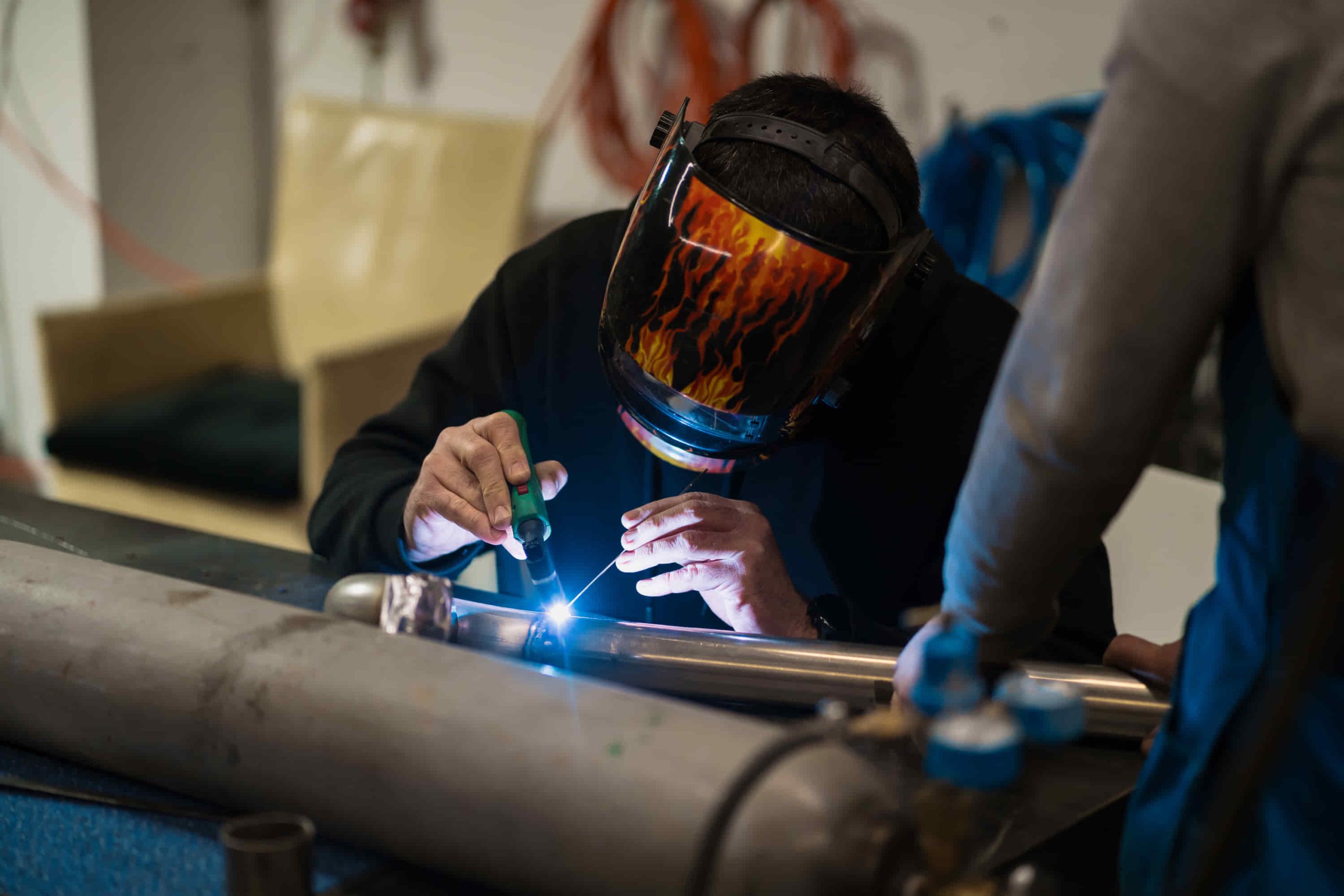
Why Choose ATSS Fabrications?
If you’re looking to kickstart your career as a boilermaker or need a reliable partner for your next steel project, ATSS Fabrications offers:
1. Industry-leading equipment and workshop facilities
2. Skilled and supportive mentors
3. A diverse portfolio from commercial structures to custom steel balustrades
4. Commitment to safety, quality, and innovation
Final Thoughts
Becoming a boilermaker is more than just a trade—it’s a gateway into a dynamic and rewarding industry. With the right tools, techniques, and mindset, you can contribute to building Melbourne’s skyline and crafting architectural elements that stand the test of time.
Whether you’re an aspiring boilermaker or a project manager seeking expert structural steel fabricators in Melbourne, ATSS Fabrications is here to support your vision.
Ready to build your future in steel?
Contact ATSS Fabrications today to learn more about our services, apprenticeships, and how our expert team can bring your next project to life.

